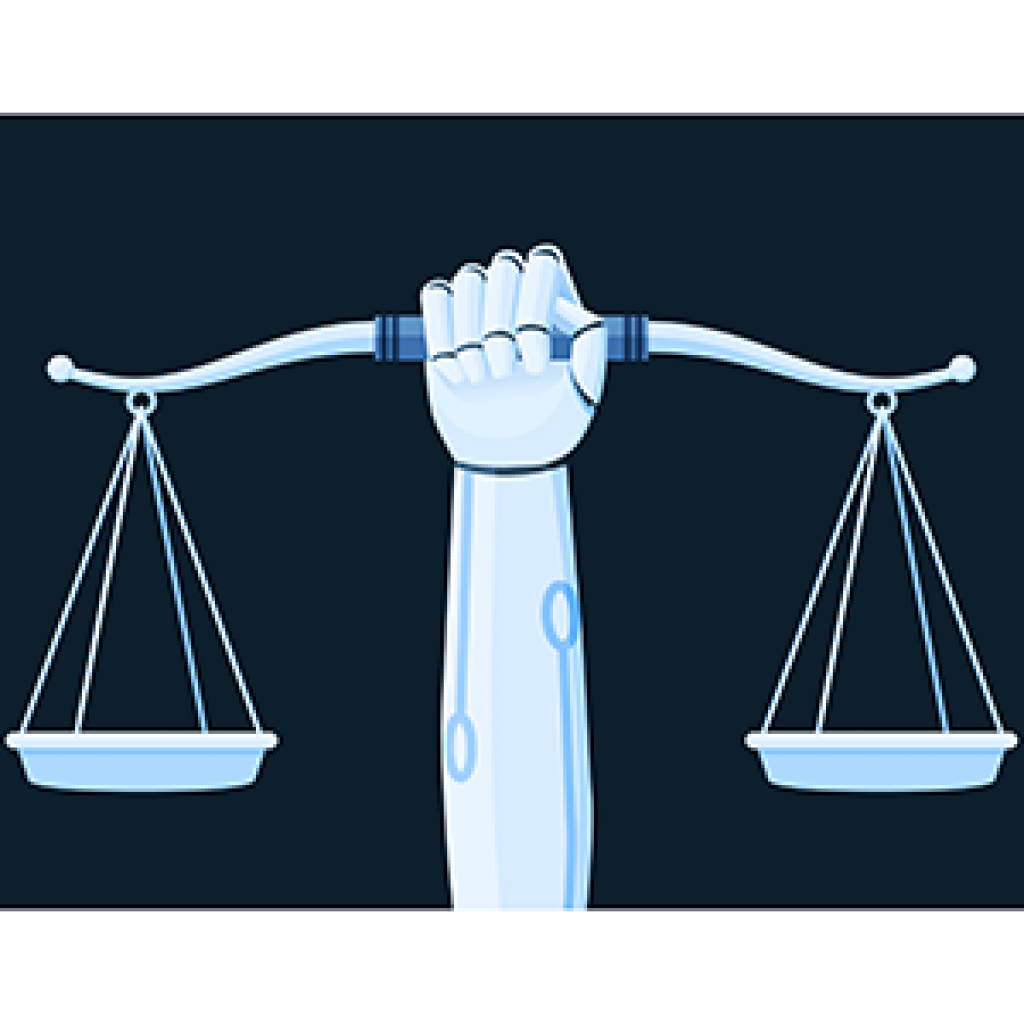
The rapid adoption of artificial intelligence (AI) in data archiving for IT operations has transformed how organizations manage vast amounts of information. However, AI presents many ethical considerations that must be addressed. The risk and promise of AI are high in equal measure, and it’s up to AI-using enterprises to leverage this revolutionary technology sensibly and ethically.
Key Concepts of Ethical AI in Data Archiving
The ethical considerations of AI encompass principles that govern the development and application of artificial intelligence technologies. In the context of data archiving, this includes ensuring fairness, transparency, and accountability in the algorithms used to process and store information. Organizations must prioritize ethical guidelines to foster trust among users and maintain compliance with legal and societal standards.
The Role of Bias in AI
Bias in AI systems can significantly affect the quality and reliability of data archiving processes. When AI models are trained on historical data that reflect societal biases, the algorithms may inadvertently perpetuate these biases in their outputs.
Understanding and mitigating bias is crucial for ensuring that AI deployments do not reinforce systemic discrimination or inequity.
Recognizing Bias in Training Data
Identifying bias in training data is the first step in addressing it. Doing so involves analyzing the datasets for representational imbalances that could skew outcomes, such as underrepresenting certain demographics. Organizations should conduct thorough audits of their data sets to ensure diverse and inclusive data sources are utilized during training.
Impacts of Biased Algorithms
The repercussions of biased algorithms can be far-reaching, leading to unethical decision-making. For instance, if an AI system archives and categorizes data based on biased algorithms, it could result in skewed analyses that impact business strategies or policy developments. Moreover, such outcomes could diminish public trust in AI technologies and create legal liabilities for the organizations that deploy them.
Privacy Considerations in AI-Powered Archiving
Privacy should be a top priority for any AI-powered archiving system. As these systems often handle sensitive and personal information, maintaining robust privacy measures is essential for safeguarding user data. Organizations must comply with legal frameworks to protect individual privacy rights.
Importance of Robust Privacy Measures
Implementing comprehensive privacy measures throughout the data lifecycle is critical. These measures include anonymizing sensitive data, using encryption techniques, and restricting access to only those who genuinely need it.
Protecting Sensitive Information
Organizations have a responsibility to protect sensitive information from unauthorized access and breaches. Doing so can involve employing advanced security protocols, conducting vulnerability assessments, and practicing data minimization principles. A commitment to data protection nurtures user confidence and enhances the organization’s reputation in the marketplace.
Accountability and Transparency in AI Systems
Any business intending to adopt AI must consider transparency when gathering data, especially from the beginning. Accountability and transparency are foundational ethical principles in deploying AI technologies. Users and stakeholders must understand how AI systems arrive at specific outcomes, fostering trust and collaboration. Organizations must strive for clarity in their AI processes to ensure users are informed and can challenge or seek recourse if necessary.
Understanding Decision-Making Processes
Organizations need to document and communicate the decision-making processes of their AI systems. Facilitating clarity around how data is interpreted and handled can mitigate concerns about the arbitrary nature of algorithmic outcomes. By providing insights into the functioning of AI models, organizations can promote a culture of transparency and responsible AI use.
Ensuring User Awareness
Users must be aware that they are interacting with AI and how it gets its data. If it relies on their information, they should know about it. They must also be able to opt in and out to ensure their full consent. Organizations should also advocate for ongoing dialogue about AI practices, ensuring user feedback is incorporated into system improvements.
Ethical Implications of Automation
Automating data archiving through AI technologies raises ethical questions regarding responsibility and oversight. Organizations must reconsider their accountability structures as AI systems take on more decision-making roles. Failing to address these implications could lead to unintentional consequences that harm individuals or society at large.
Data Provenance and Its Importance
Understanding data provenance — the origin and history of data — is crucial for evaluating ethical implications in AI archiving. Trackable data lineage can help organizations verify the integrity and accuracy of their archived information. Furthermore, clear provenance enables stakeholders to hold organizations accountable for the data they manage and the decisions that stem from it.
Organizational Responsibilities
Organizations are responsible for ensuring ethical conduct when using AI technologies. They must start by implementing best practices for AI development, conducting risk assessments, and being prepared to address any adverse effects arising from their systems. Engaging in ethical AI practices helps organizations bolster their social responsibility and long-term sustainability.
Automating Human Roles
The ethics of a business’ intent on AI replacing human workers raises significant concerns regarding fairness, transparency, and accountability. While AI can enhance efficiency and reduce costs, the displacement of human workers can lead to socioeconomic inequalities and a loss of livelihoods. Businesses must carefully consider the implications of automating roles traditionally held by humans, ensuring that decisions are made transparently and ethically.
Conclusion
AI-powered data archiving within IT presents a wealth of opportunities for efficiency and innovation, but it also necessitates a rigorous examination of ethical considerations. From ensuring transparency and user awareness, to addressing the responsibilities of organizations, stakeholders must remain vigilant in navigating the complexities introduced by AI technologies. Upholding ethical standards safeguards individual rights and data privacy and fosters trust and accountability within the broader community.
